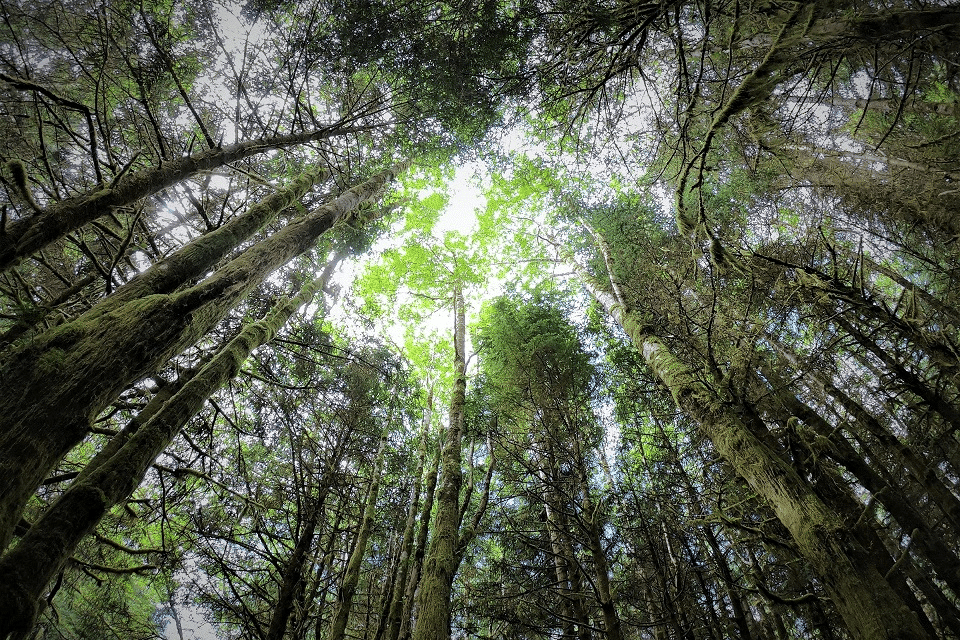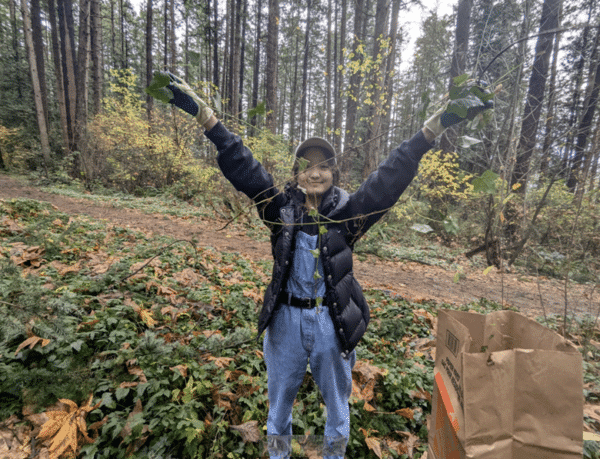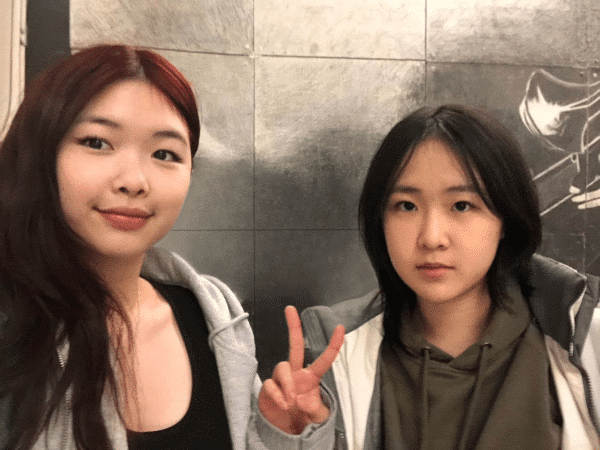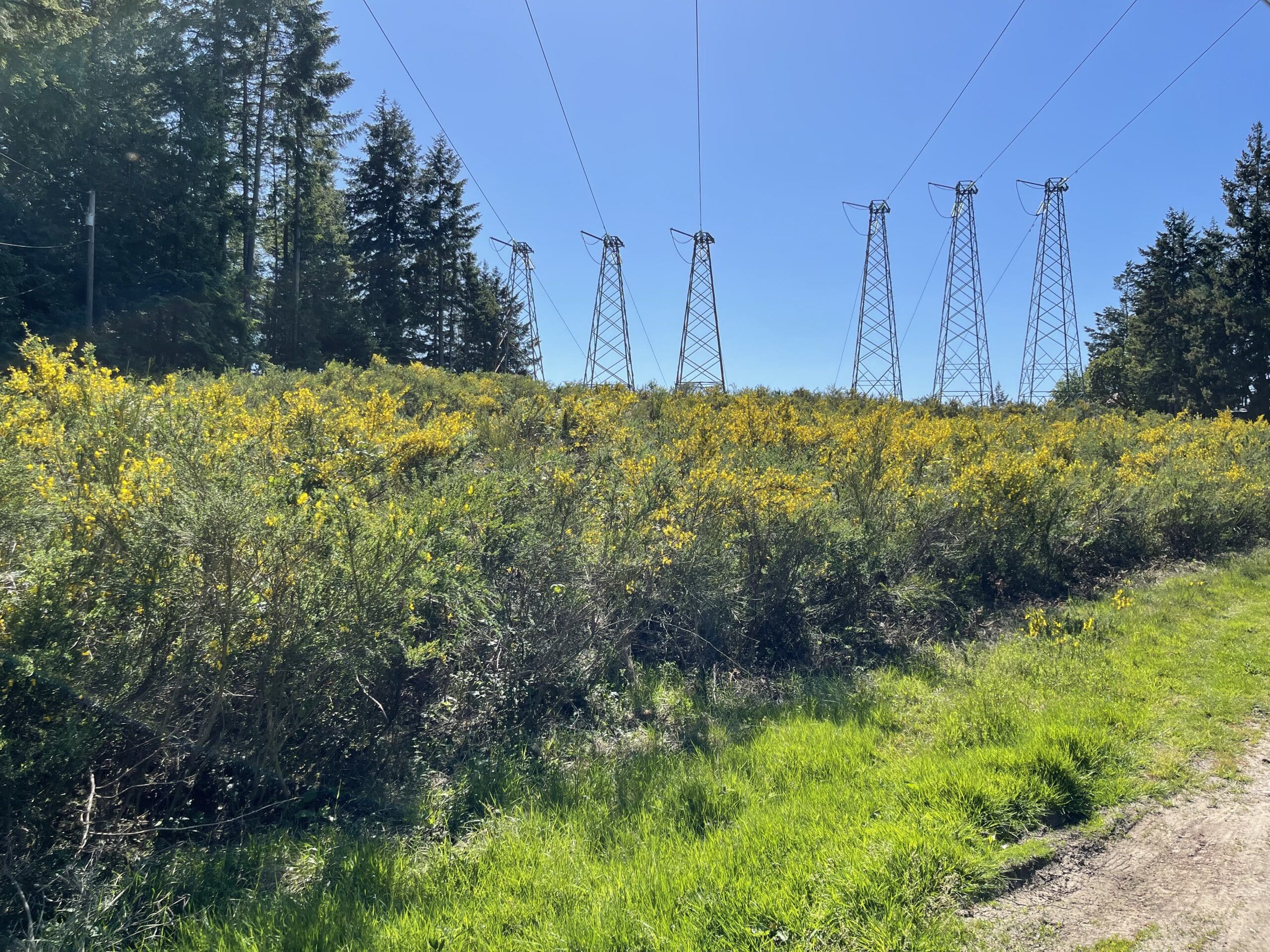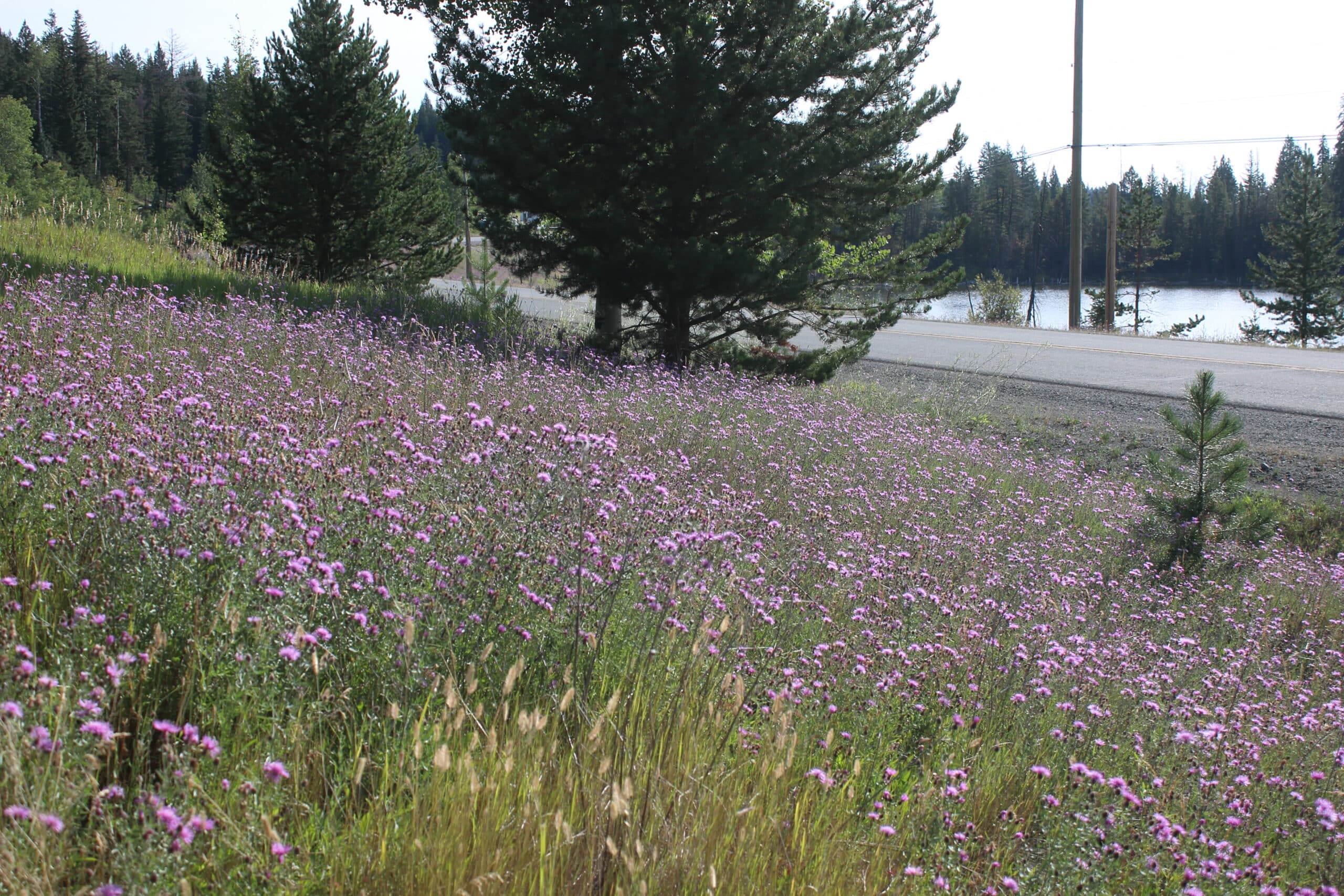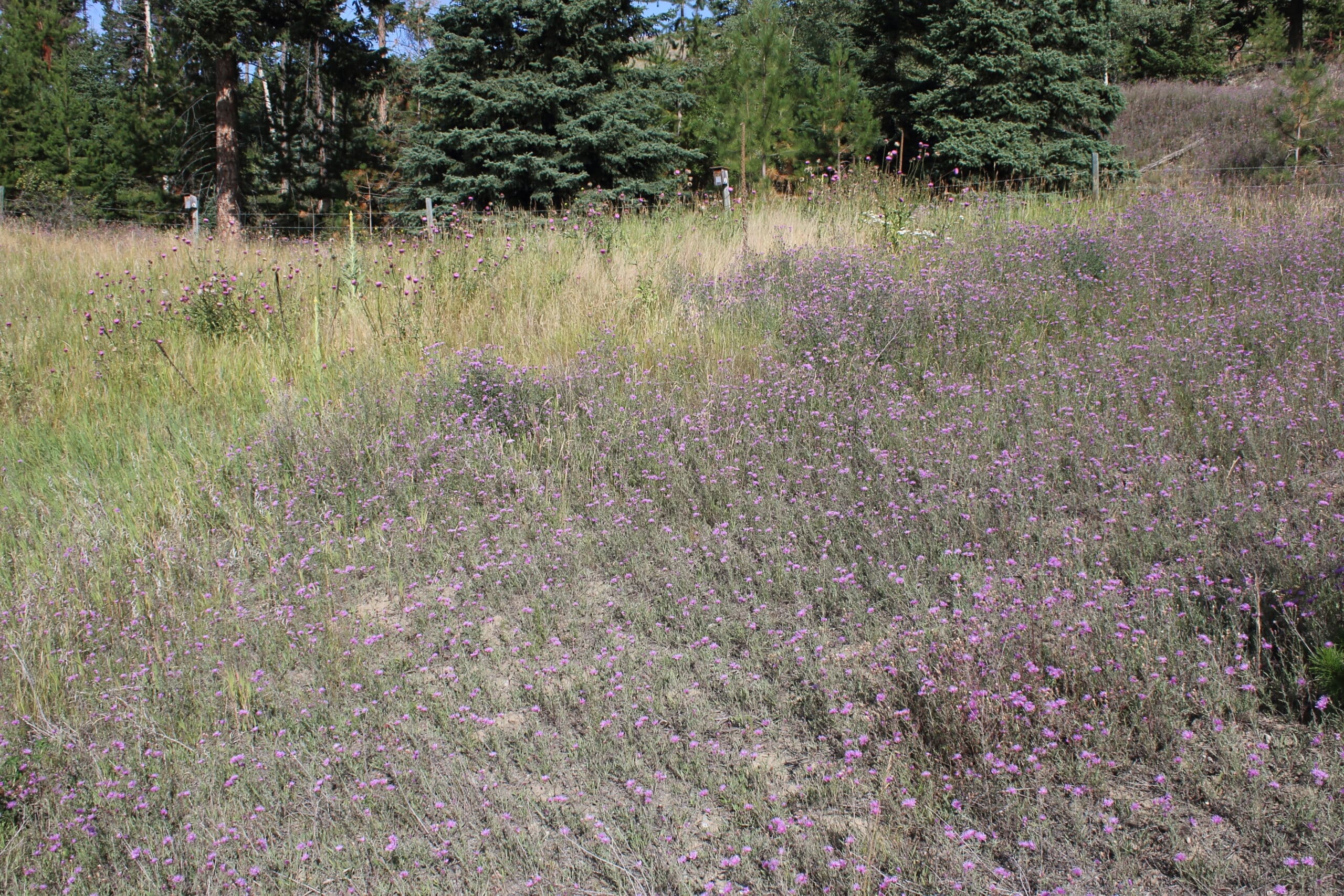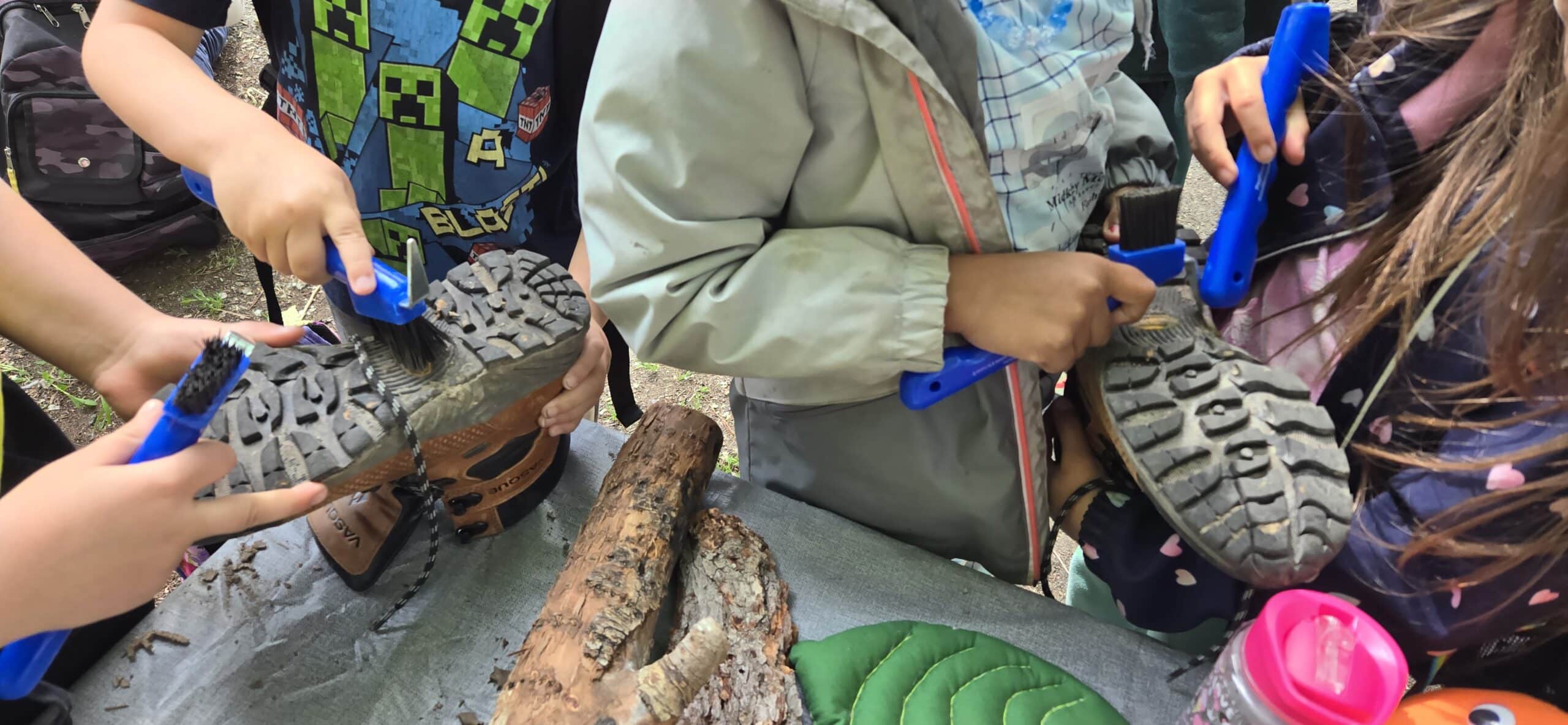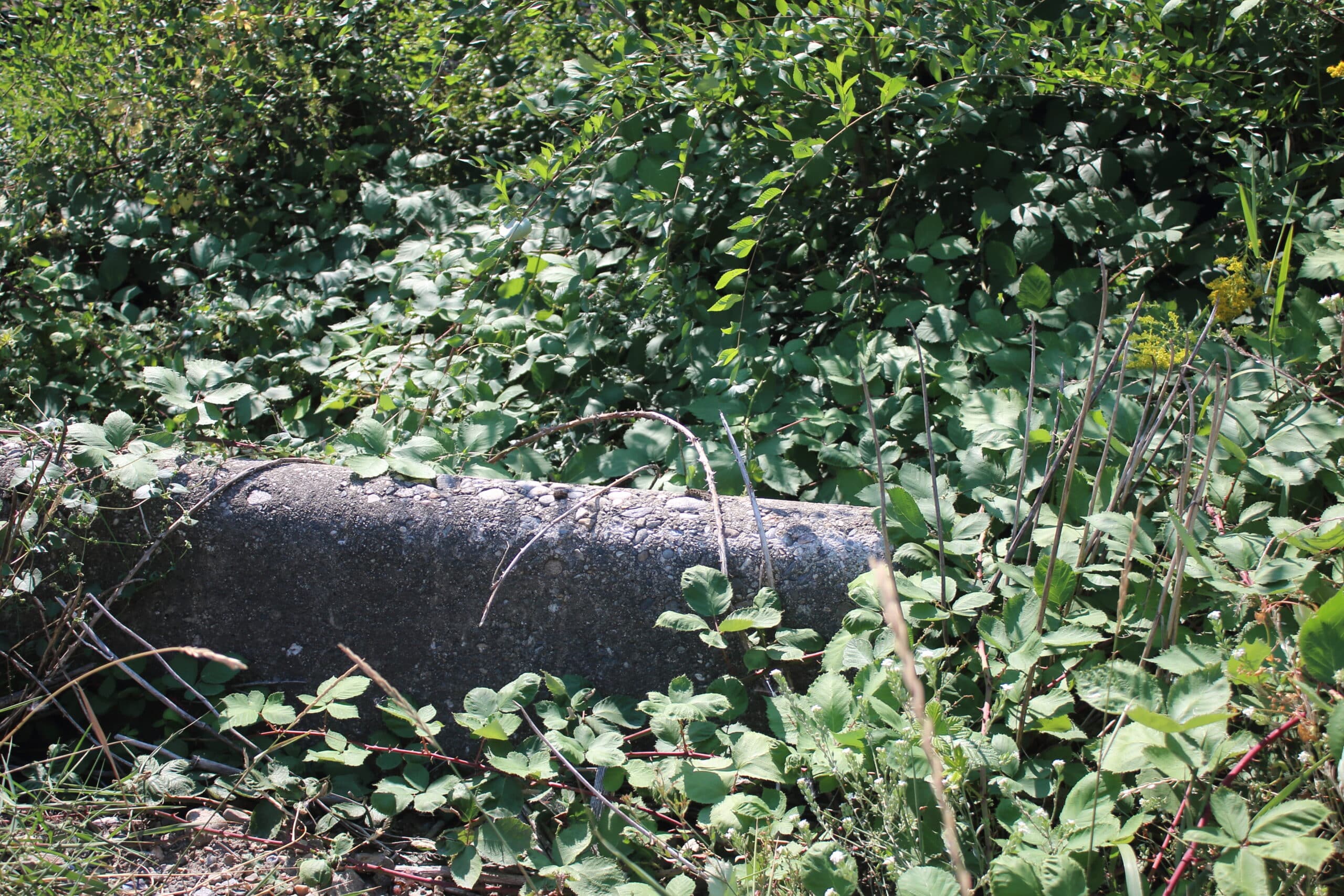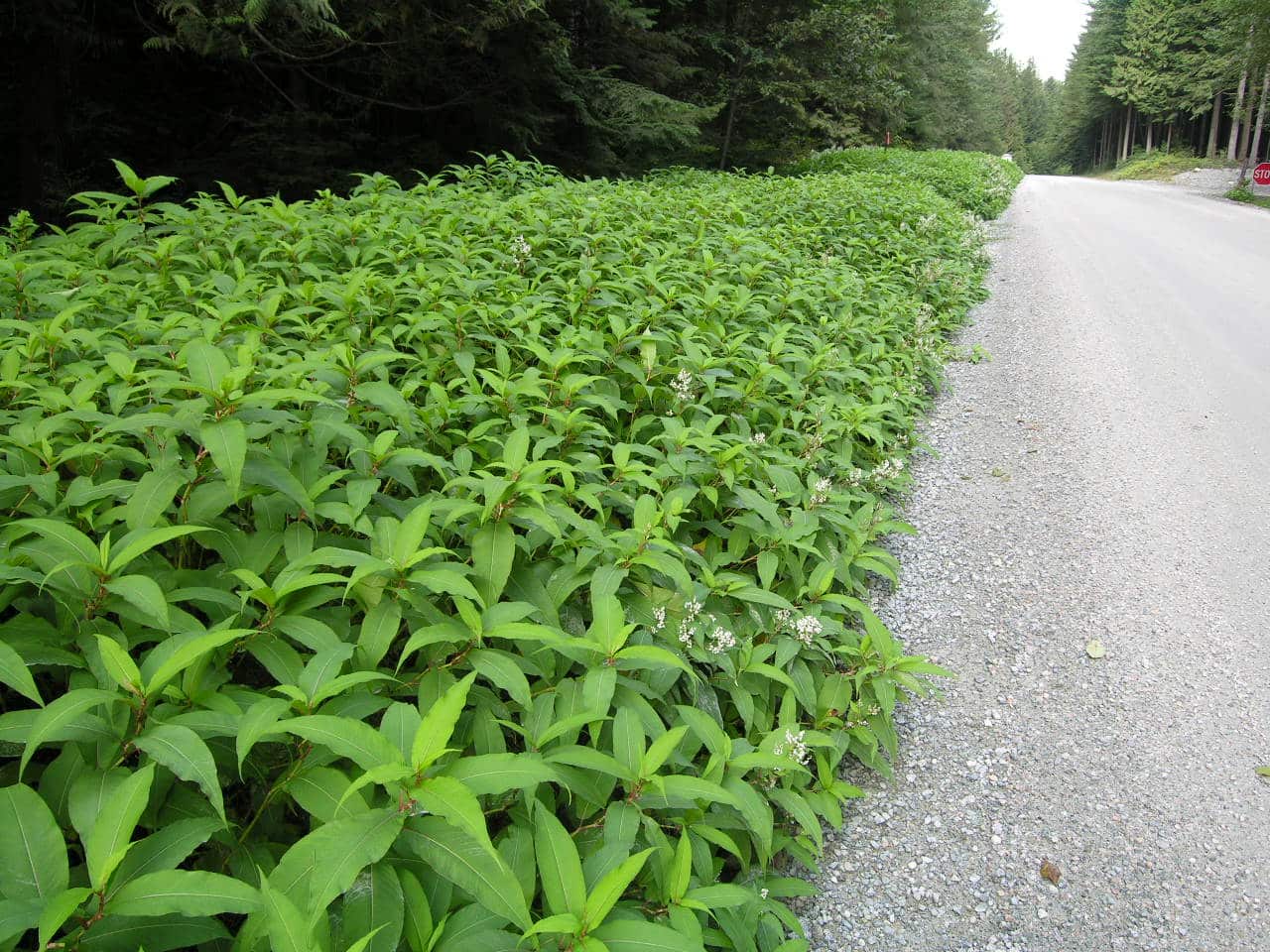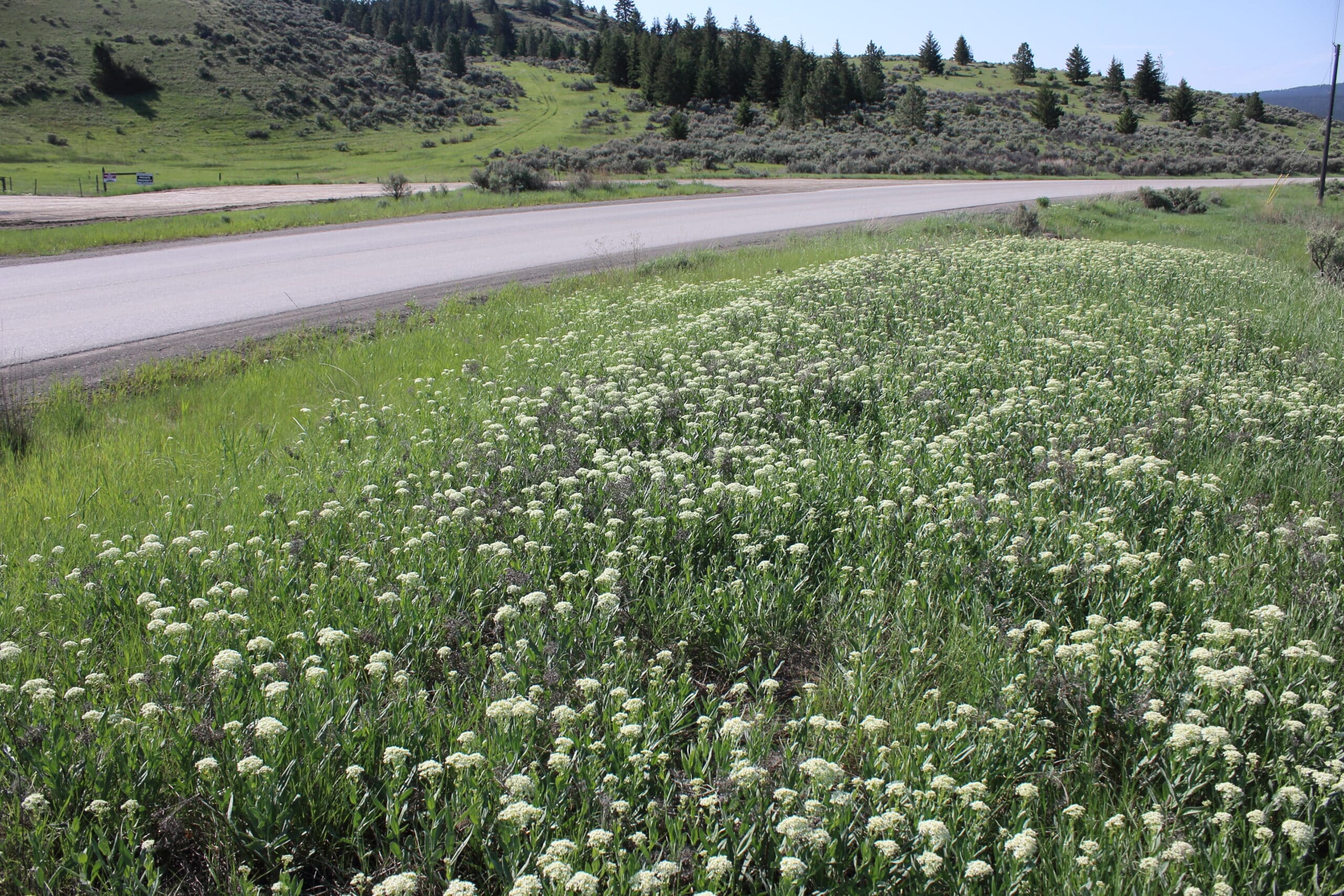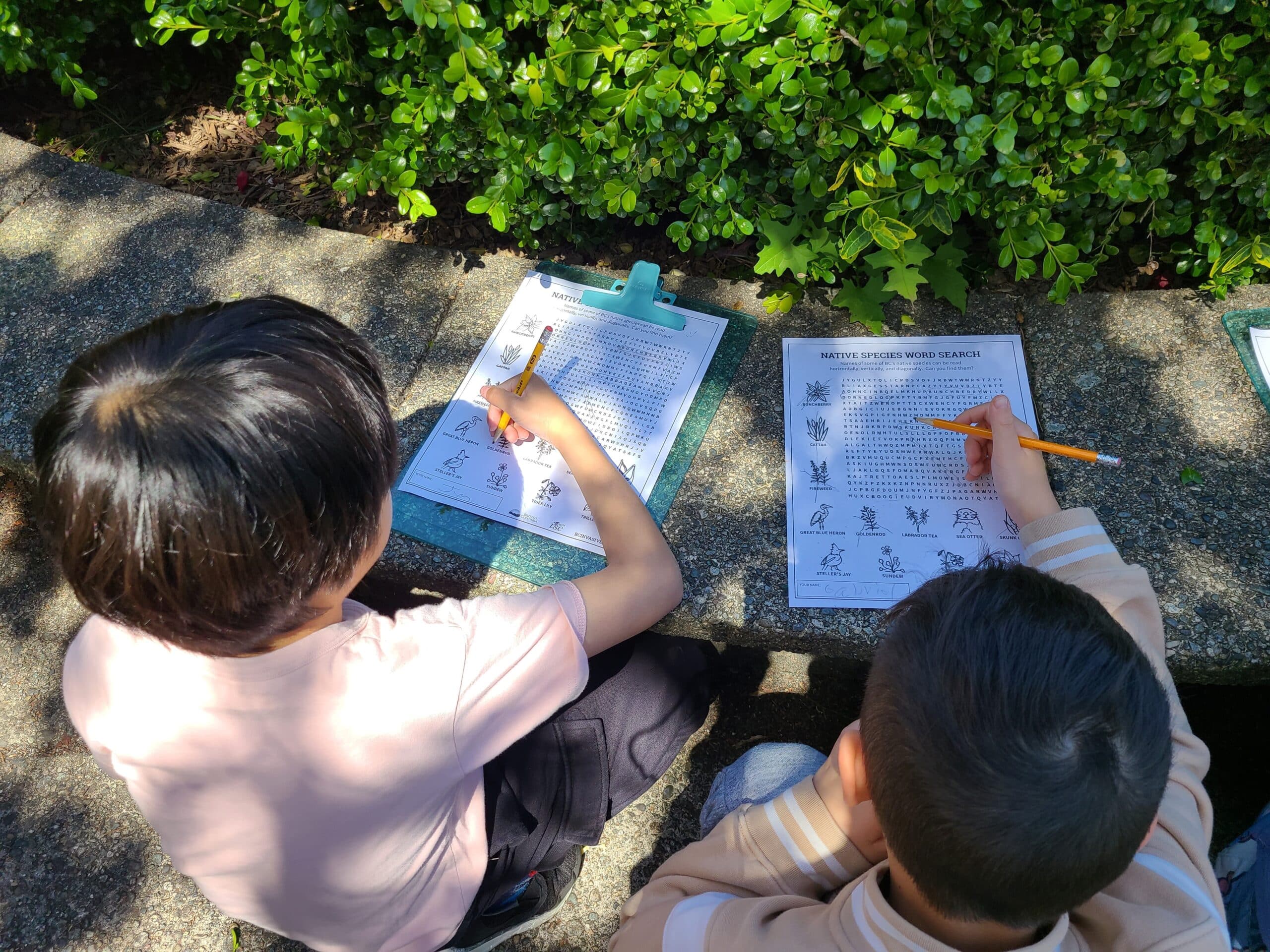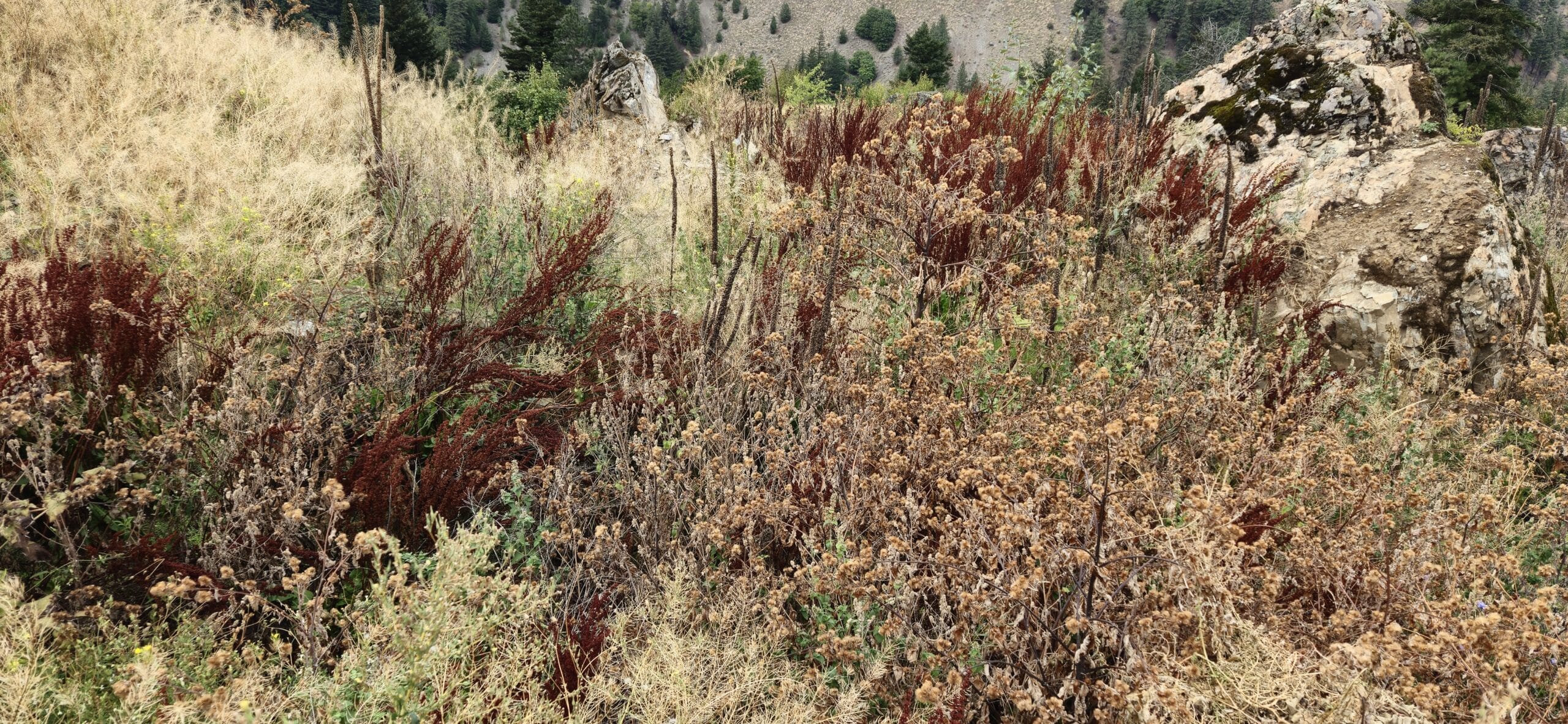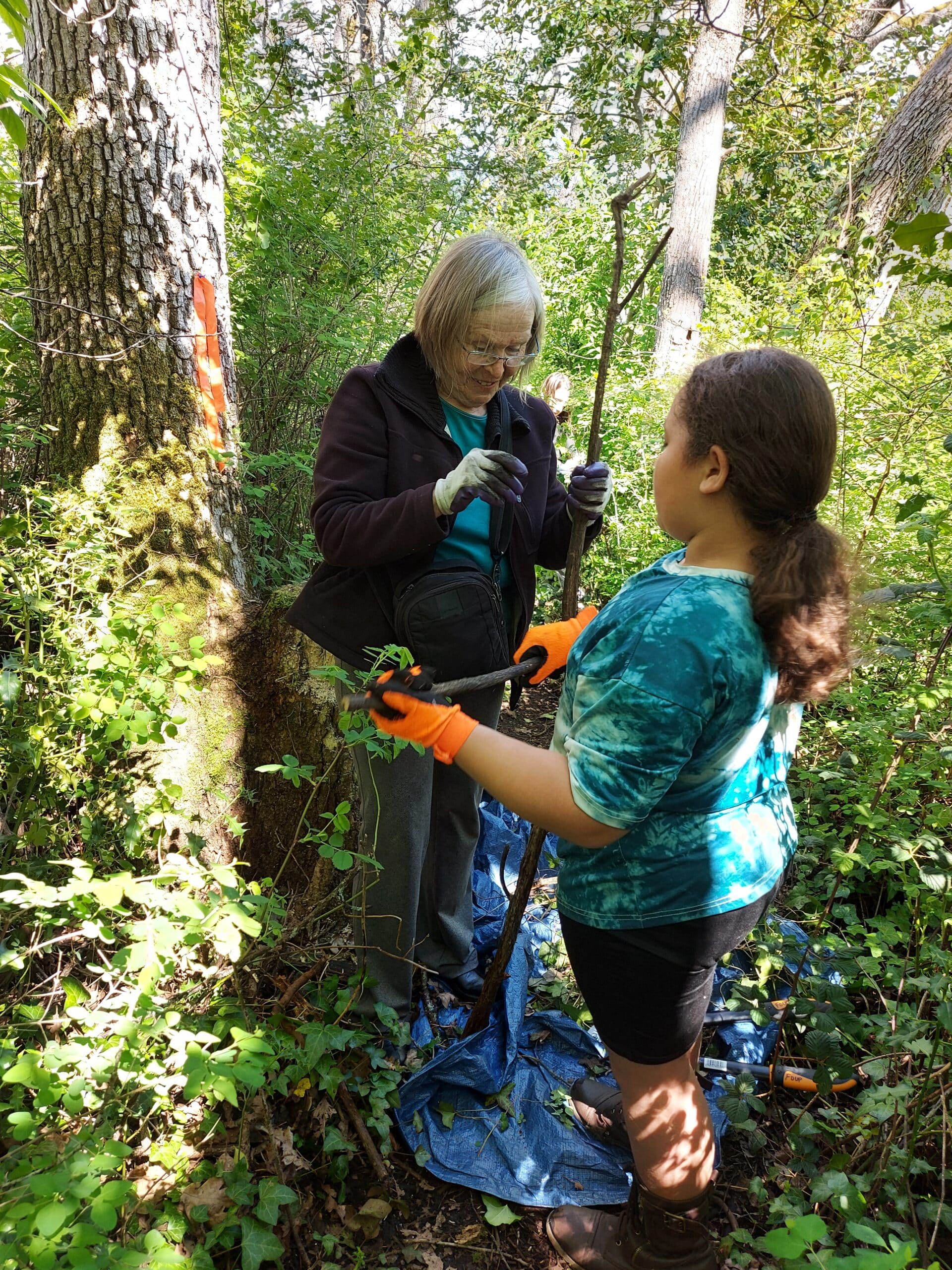Published April 5, 2022
Invasive species can significantly impact Indigenous communities. These impacts affect infrastructure, economies, health and cultural practices, including traditional ways of living and harvesting. During 2021, ISCBC’s youth volunteer program shared opportunities with volunteers to help them understand these impacts. Equally as important was providing them with the resources to understand, acknowledge and respect the history and culture of Indigenous communities throughout the province and Canada.
To gain a better understanding of the historical, legal, social and political circumstances that are unique to the various Indigenous peoples of Canada, we connected with the First Peoples Group. Their one-of-a-kind Indigenous awareness training is delivered by a senior First Nations, Métis and Inuit team alongside a Traditional Teacher. This allows for a more rounded understanding of the distinct issues facing Indigenous peoples across Canada.
Through collaboration with the Métis Nation of BC, youth learned about many of BC’s plants and animals that serve as important sources of wild foods and have traditional, cultural or spiritual significance. This was contrasted with the impacts invasives were having on Indigenous peoples’ relationships with the land and environment. For example, Largemouth bass can negatively impact harvesting of salmon. English ivy can smother cedar trees, which are culturally important for many uses.
Our youth volunteers also connected with local knowledge keepers to learn and grow from their teachings. Volunteers joined the ReciprociTea program where cultural knowledge keeper T’uy’t’tanat Cease Wyss shared hands-on learning about the importance of Indigenous plants to our wellbeing and to the wellbeing of our local ecosystems. Participants also reflected on themes of reciprocity, stewardship, and their relationship with the plant world.
I had a wonderful time at the ReciprociTea program. I learned about Indigenous stories, the medicinal properties of native plants, enjoyed lots and lots of lovely tea, and had an amazing encounter with a soaring convocation of bald eagles. We did an activity where we each chose a tree to spend a few minutes to observe and meditate with. This was my favourite activity and gave everyone a chance to appreciate the intricate details of each tree around us and the little worlds that exists on every tree! The ReciprociTea program was a perfect opportunity to relax, listen to stories, enjoy tea, and appreciate nature. Definitely a great way to spend my day!
Matthew, ISCBC youth volunteer
At the Walk The Lands tour offered by the Quaaout Lodge, owned and operated by the Little Shuswap Lake Indian Band, volunteers were lead around Secwepemc territory. Volunteers were first welcomed by Linda, their cultural interpretive guide, with a smudge and then learned teachings about Shuswap traditional landmarks and Secwepemc history.
Attending the Walk The Lands event at the Quaaout Lodge was such a wonderful experience. We began with a smudge and Linda did an amazing job of explaining every part of the process and the meaning behind it all. We then walked to a traditional pithouse, called a Kekuli, where we sat around a small fire and listened to Linda tell us stories about her life, culture and beliefs. I think we all wished we could’ve stayed and listened for the whole day. My favourite part was when she sang us the women’s warrior song. The entire experience was so inspiring and I am very thankful to have had the opportunity to go.
Megan, ISCBC youth volunteer
The youth team is looking forward to building on this powerful educational journey: one that seeks to understand and respect Indigenous history and culture, while actively working towards healthy landscapes free of invasive species.
Share


